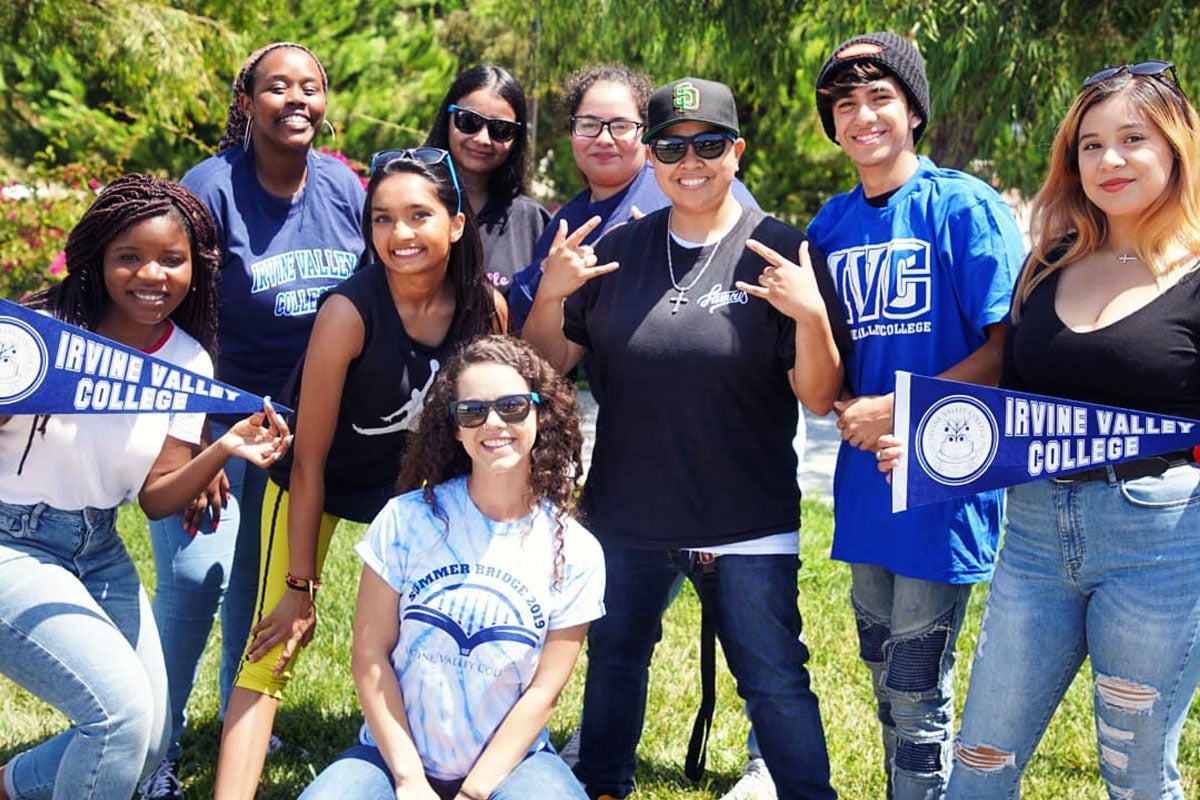The School of Life Sciences at Irvine Valley College offers a wide range of courses in the biological sciences as well as courses in environmental studies. Introductory courses focus on theories and concepts in five primary areas: cellular and molecular biology, genetics, evolution, ecology, and whole organism biology. More specialized courses examine extensions of these basic principles as they relate to a variety of specific areas of study, including botany, zoology, human anatomy, human physiology, cellular biology, microbiology, natural history, and marine biology. Students may complete courses within the department in order to fulfill general education requirements, to satisfy prerequisites for health related programs such as nursing, to meet graduation requirements at prospective transfer institutions, or to complete the Associate in Arts degree with a major in biology or health sciences.
MAJOR
The requirements for majors in the life sciences are intended to provide a solid foundation for the student who wishes to pursue further study at the baccalaureate level and for some graduate-level programs. They are also intended for students who plan to enter a pre-professional or professional program in a health-related field. The faculty strongly recommends that students without a firm foundation in basic biological principles complete both Biology 93 and Biology 94 in preparation for the more specialized courses. In addition to the core courses for the major or health-related fields, an introduction to other sciences is usually recommended and necessary for more advanced study. The biology faculty therefore suggests that students complete appropriate courses in chemistry, physics, and mathematics concurrently with biology core courses. Students should refer to the requirements of prospective institutions or seek advice from a member of the biology faculty or a counselor before choosing electives.





